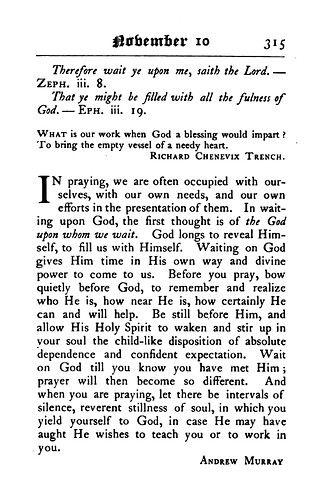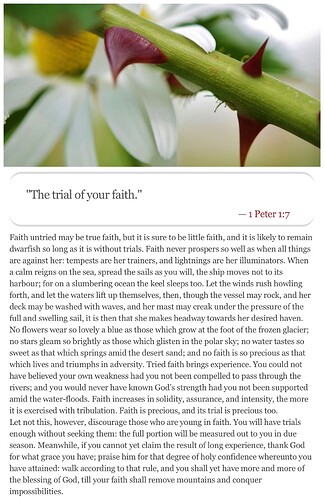Thanks from me too. I’ve got my copy and have just read the preface and the first section from which the book’s title comes. I like this guy and how he writes. Definitely relevant to me though Christian roots were so stunted next to what he describes. There is really no comparison but it gives me much more insight into what tgat experience must be like. I get that even for one who leaves that sure supporting me environment there can be no clean break and never looking back unless you become very damaged, more damaged than those who express no regrets and scoff that they didn’t do it sooner.
Anyhow wanting to know more of his story I googled him and found a podcast interview by a woman with a similar background and trajectory. Of course, given a transcript is available, I haven’t yet heard their voices but will do so. Here is a hopefully not too glaringly long snippet. I begin where with Ms Tippet is saying:
Ms. Tippett: I’ve heard and read a lot of stories about the interesting ways religion and spirituality get communicated to us as children. I have to say, Christian, that your story, of all of them that I’ve heard all these years, is the most familiar to me: growing up absolutely immersed in this religious universe, which meant everything.
Mr. Wiman: Right.
Ms. Tippett: But then, when I left that place — and like you, I went far, far away — the religious piece stopped to make sense, as well, because it was the whole package.
Mr. Wiman: I think, for me, it was a big loss. I didn’t realize exactly how large a loss, for years, because I just — like so many people — dispensed with it and became an agnostic or whatever you want to call it. But I wonder; I’ve got little kids now, and I do think about what I should teach them and how I should teach them, in terms of their spiritual lives, because I greatly value the way I was raised, which was completely immersed in that culture.
Ms. Tippett: Did you go to church twice on Sunday, and Wednesday night?
Mr. Wiman: Yep, yep; sometimes, even more. And we had to learn Bible verses and say them over the meals.
Ms. Tippett: And the hymns, the singing.
Mr. Wiman: We knew the hymns and had the singing. And there was no possibility of puncture to that world. I never met anybody who didn’t believe, until I went off to college. Never met a soul. And I value the coherence of it, and I value the intensity of it and the momentum that it’s given my life. But it’s also created all kinds of difficulties, as I’m sure you know.
Ms. Tippett: I think there are a lot of people like us, though, in this country, and especially in, I don’t know, what we call the Bible Belt. But I’m not sure — when you get outside the Bible Belt, I’m not sure it’s a narrative people recognize.
Mr. Wiman: I think that’s true. I have discovered that there is an enormous number of people in this country who are — they have some kind of religious language that they’re just unhappy with. It doesn’t accord with their feelings of the sacred or their feelings of what spirituality means, and they’re casting about for some new way of believing. And yet, you can’t just jettison everything that you have.
I definitely feel they are talking to me too. I think every believer has doubts and every non believes is something.

